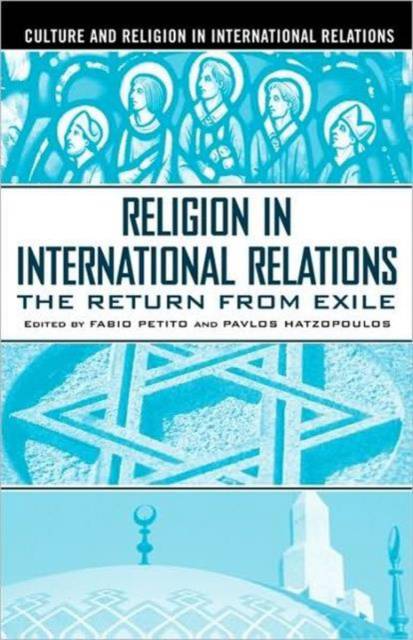
- Retrait gratuit dans votre magasin Club
- 7.000.000 titres dans notre catalogue
- Payer en toute sécurité
- Toujours un magasin près de chez vous
- Retrait gratuit dans votre magasin Club
- 7.000.0000 titres dans notre catalogue
- Payer en toute sécurité
- Toujours un magasin près de chez vous
183,45 €
+ 366 points
Format
Description
Are the secular foundations of international relations sustainable at present? This comprehensive study shows how the global resurgence of religion confronts international relations theory with a theoretical challenge comparable to that raised by the end of the Cold War or the emergence of globalization. The volume tries to shake the secular foundational myths of the discipline and outline the need for an expansion into religiously inspired spheres of thought. It also challenges the most condemning accusation against religion: the view that the politicization of religion is always a threat to security and inimical to the resolution of conflict. Finally, the task of demystifying religion is taken further with an argument for a stronger and "progressive" political engagement of the worldwide religious traditions in the contemporary globalized era.
Spécifications
Parties prenantes
- Auteur(s) :
- Editeur:
Contenu
- Nombre de pages :
- 286
- Langue:
- Anglais
- Collection :
Caractéristiques
- EAN:
- 9781403962072
- Date de parution :
- 06-01-04
- Format:
- Livre broché
- Format numérique:
- Trade paperback (VS)
- Dimensions :
- 143 mm x 213 mm
- Poids :
- 335 g

Les avis
Nous publions uniquement les avis qui respectent les conditions requises. Consultez nos conditions pour les avis.






